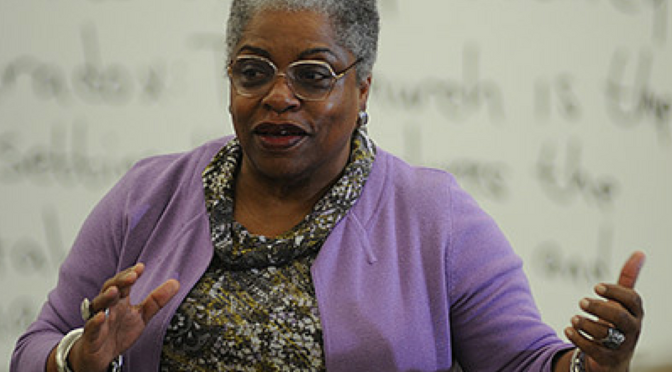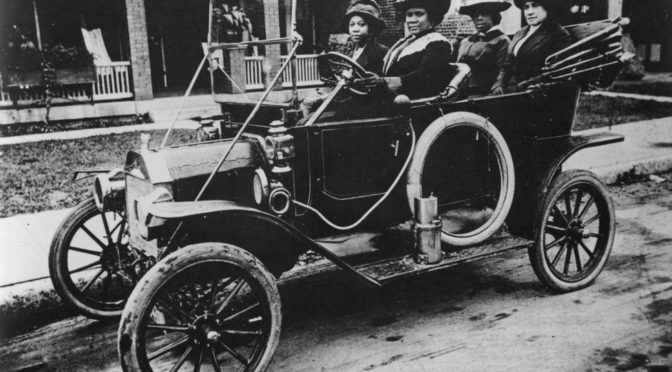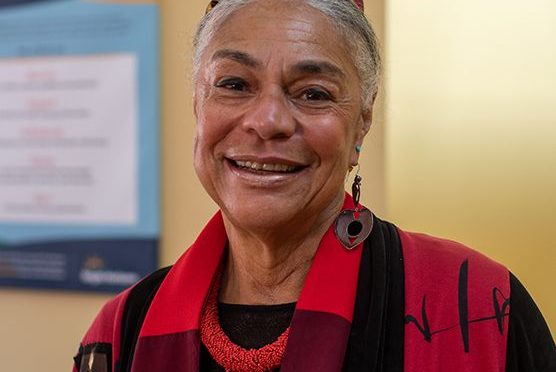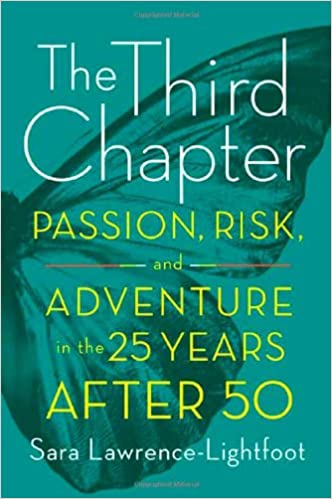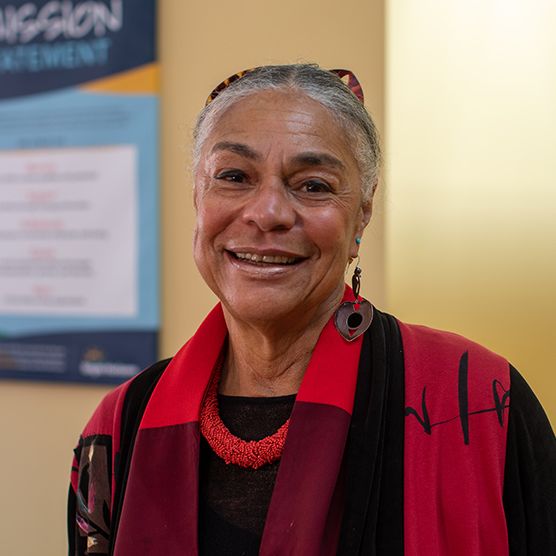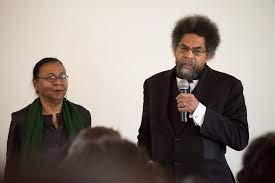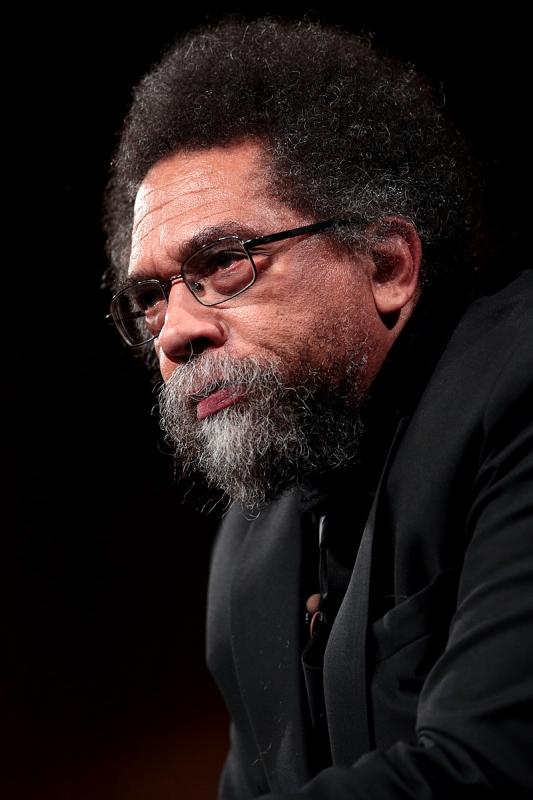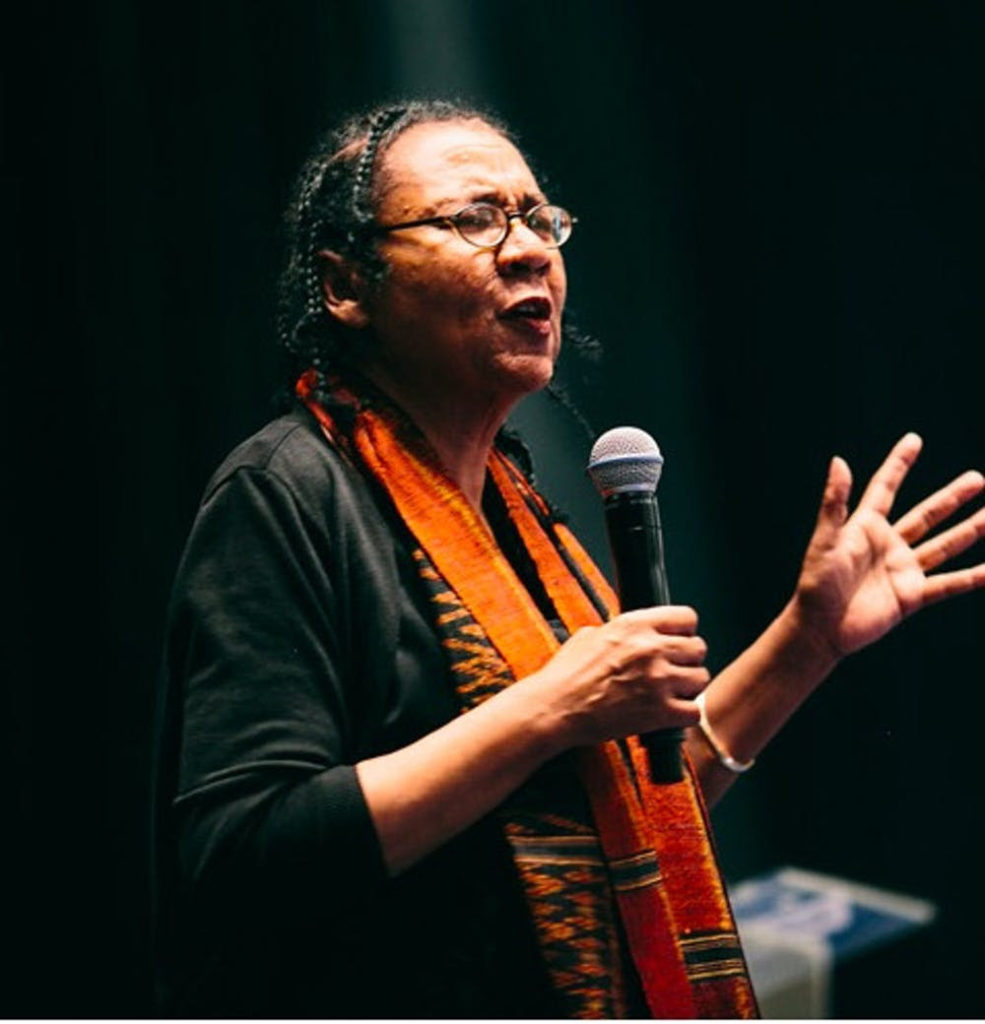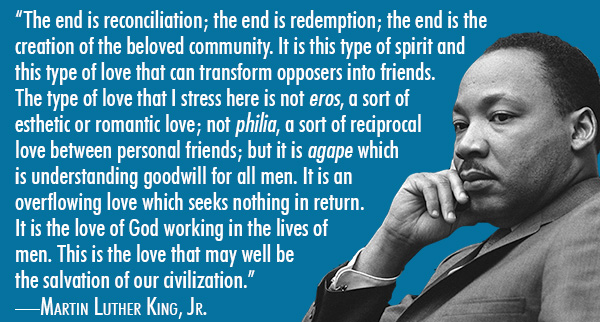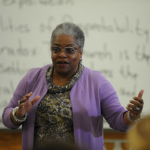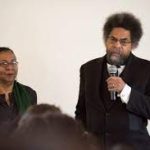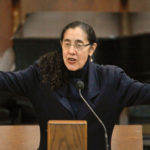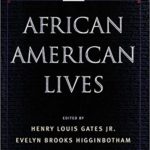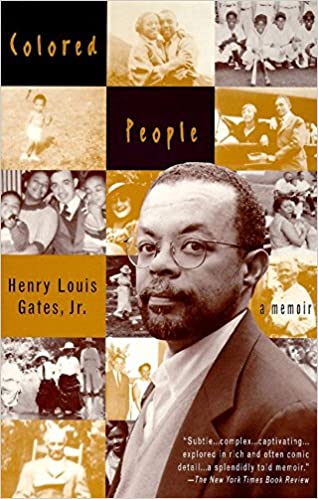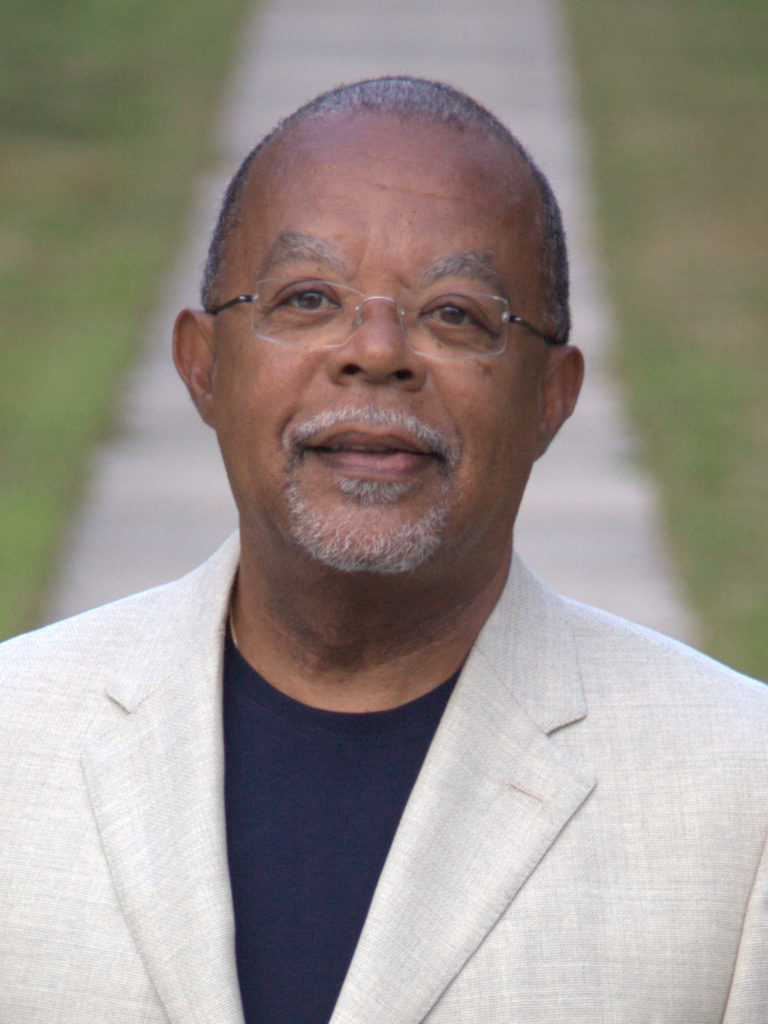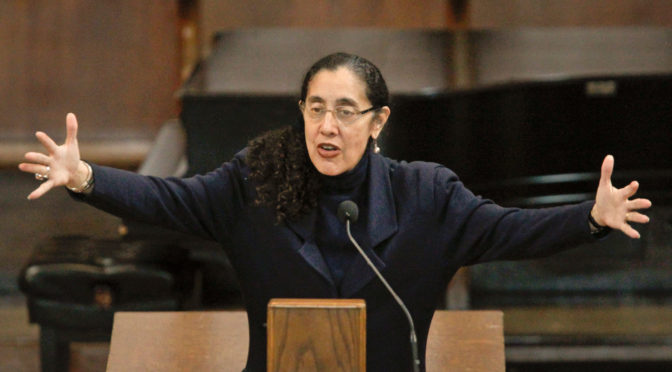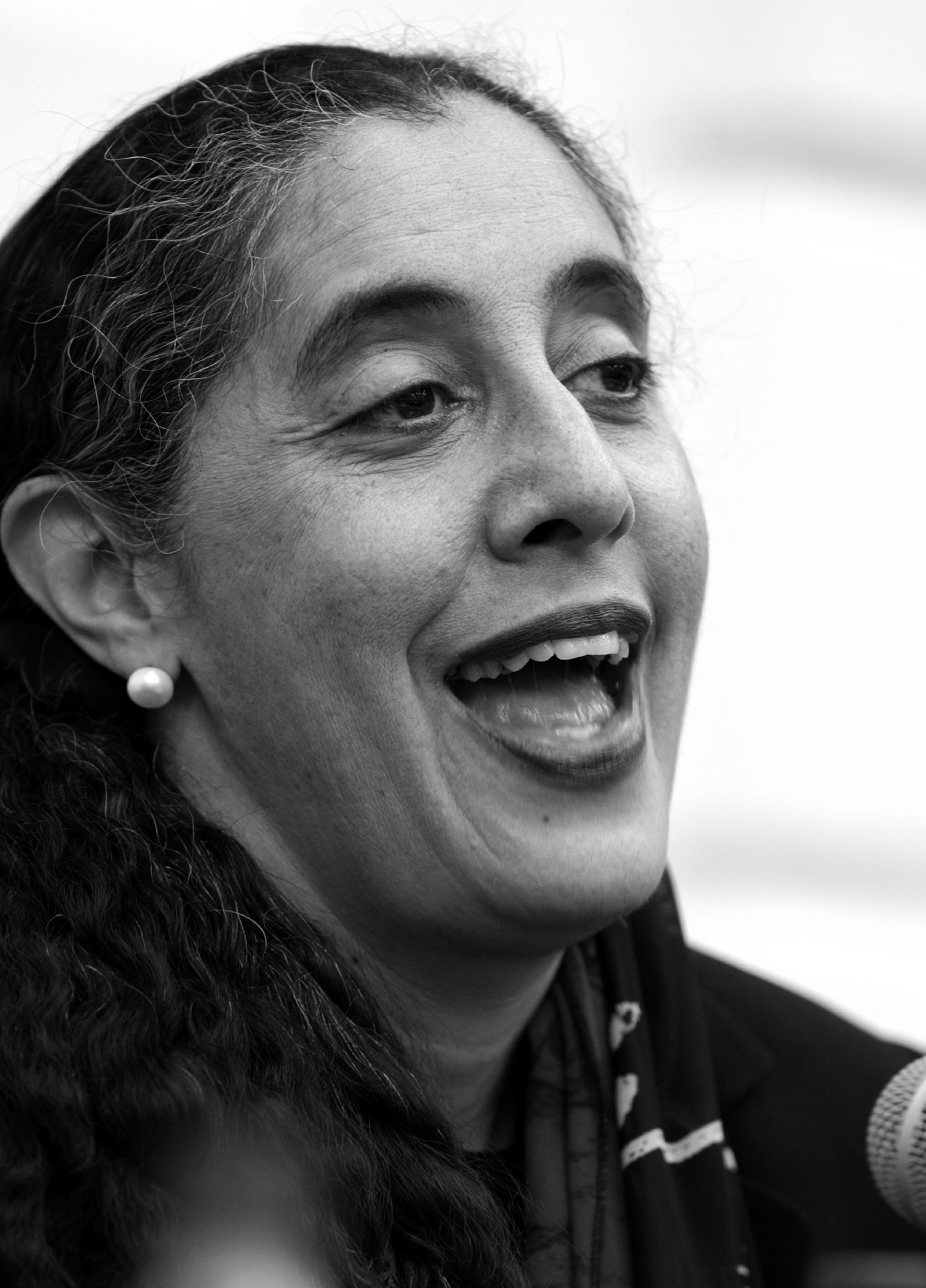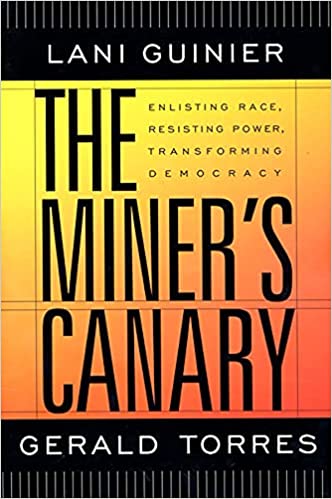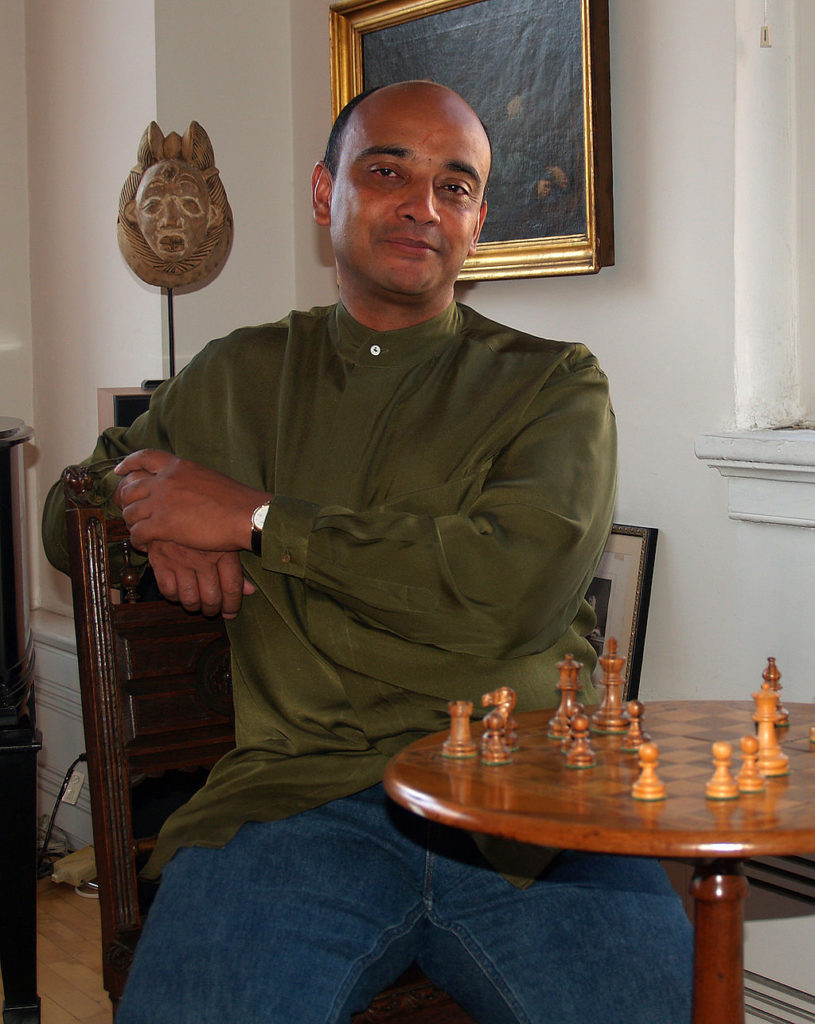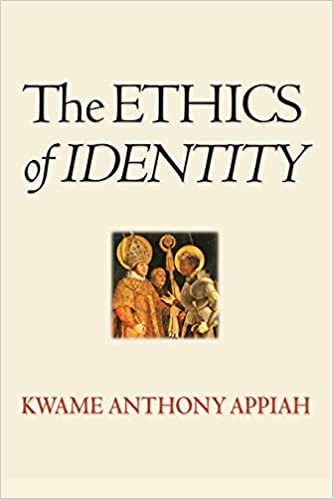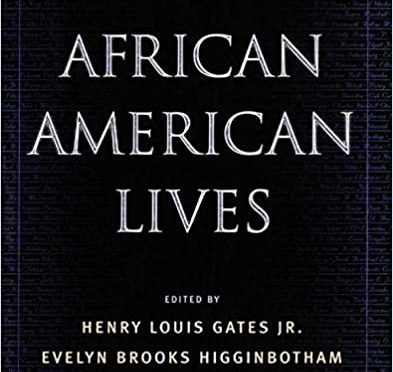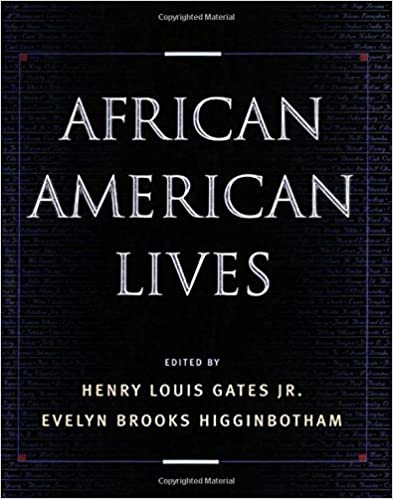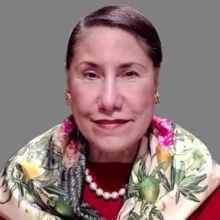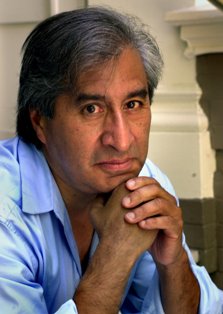Civil rights activist and Baptist minister Cheryl Townsend Gilkes reflects on the role of African American women in forging the “beloved community” as envisioned by Dr. Martin Luther King, Jr.
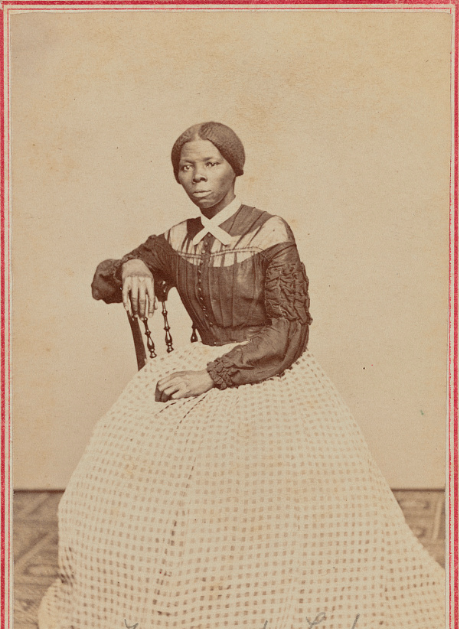
How did the lives of Sojourner Truth and Harriet Tubman help to shape our ideas of humanity and advance the struggle to recognize the worth and dignity of all? How did women carry on that tradition of moral leadership during the civil rights movement?
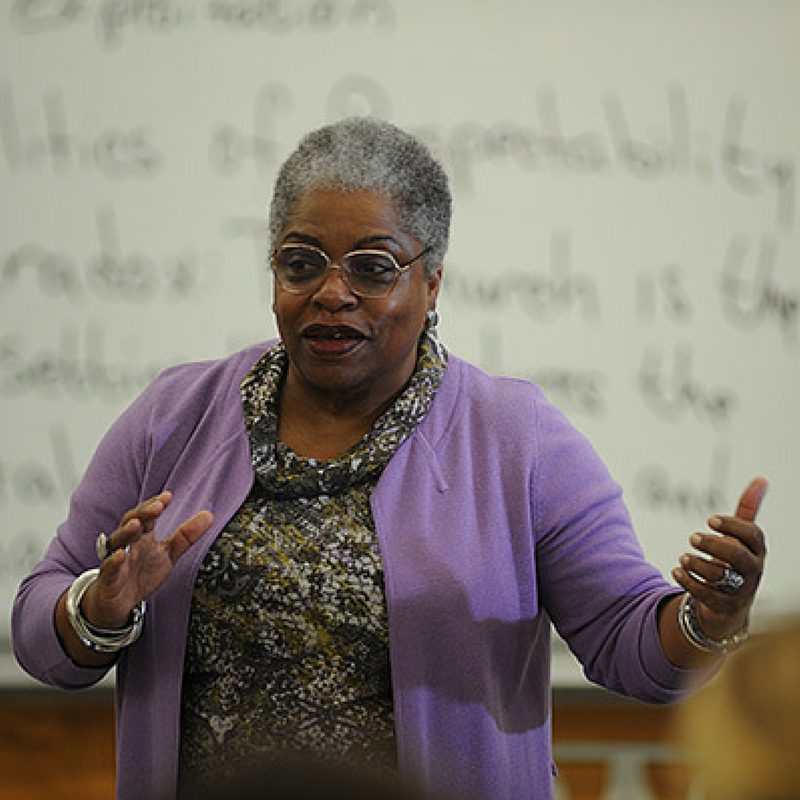
Cheryl Townsend Gilkes is a sociologist whose specialties focus on African American women, religion, social change, and the legacy of W. E. B. Du Bois for sociology, African American studies, and religious studies. She is Professor of African-American Studies and Sociology and director of the African American Studies Program at Colby College.
Recorded in 1997 at Cambridge Forum
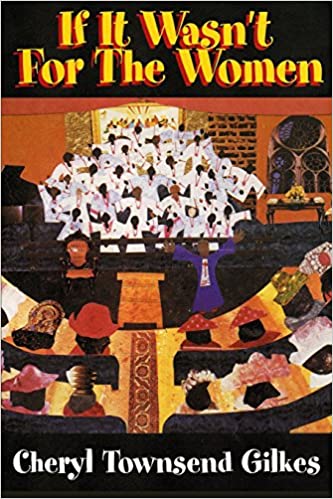
Gilkes book of collected essays If It Wasn’t for the Women examine the roles of women in their churches and communities, the implication of those roles for African American culture, and the tensions and stereotypes that shape societal responses to these roles. Gilkes examines the ways black women and their experience shape the culture and reflects on some of the crises and conflicts that attend this experience.

